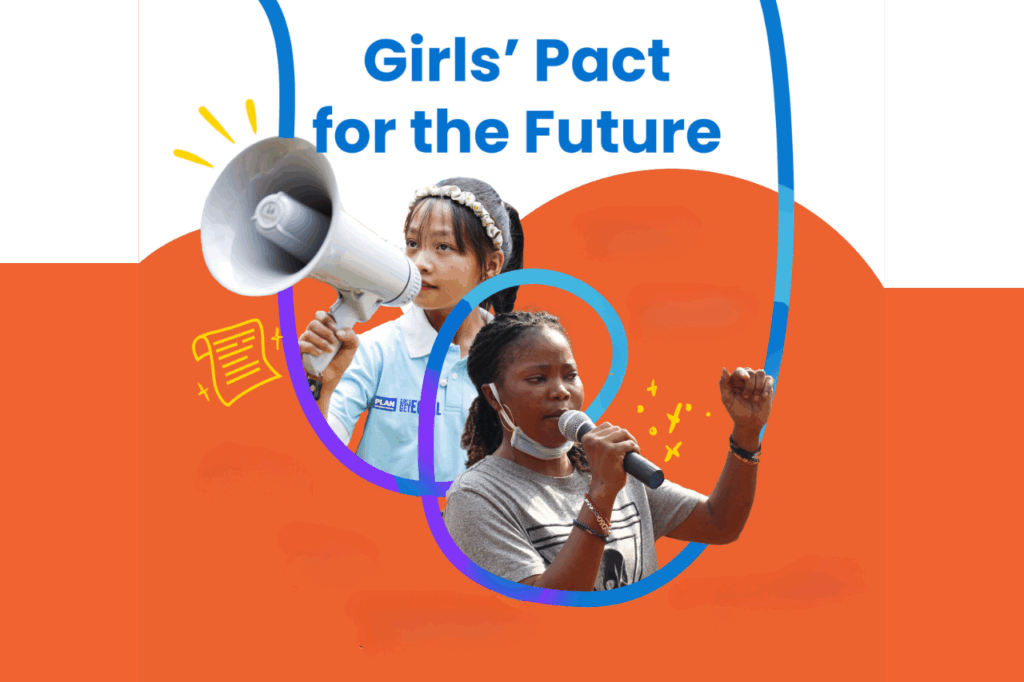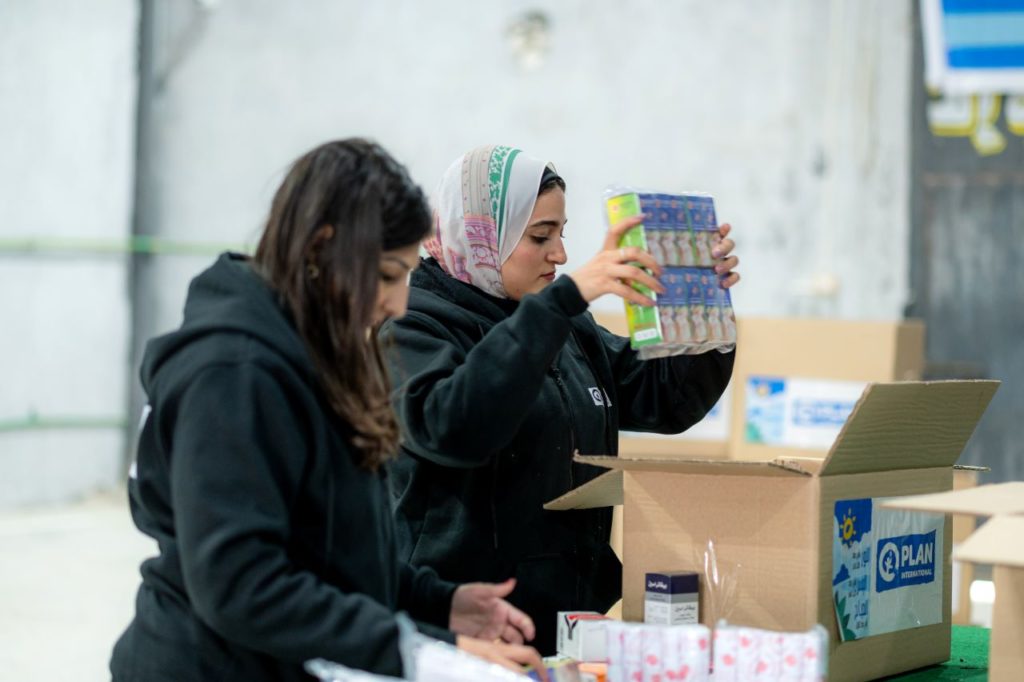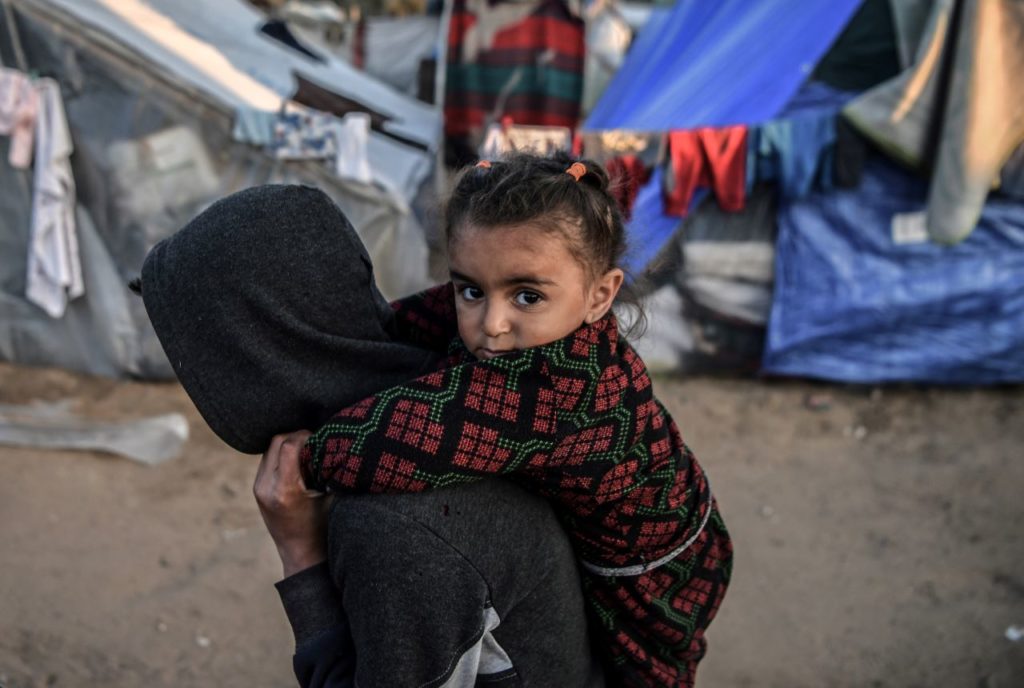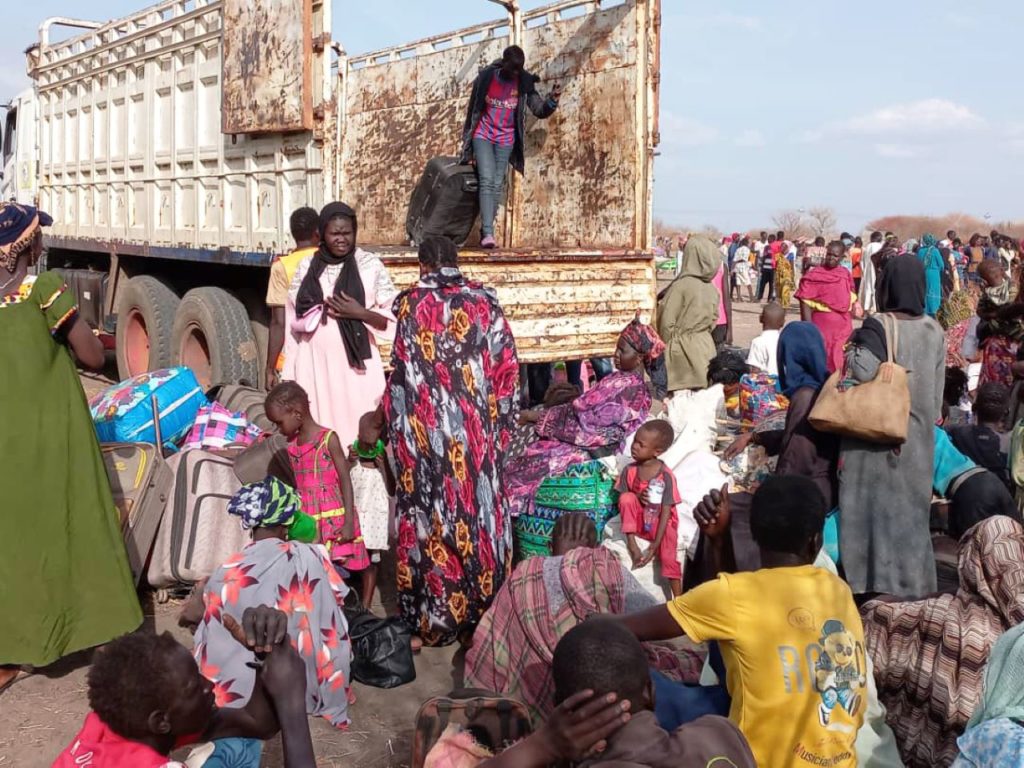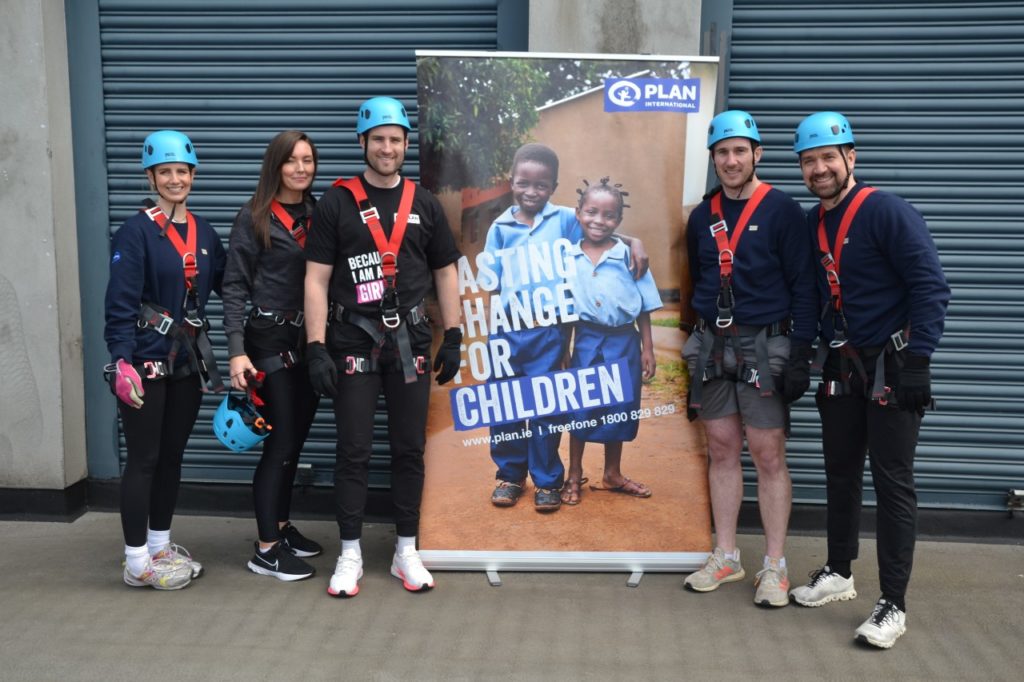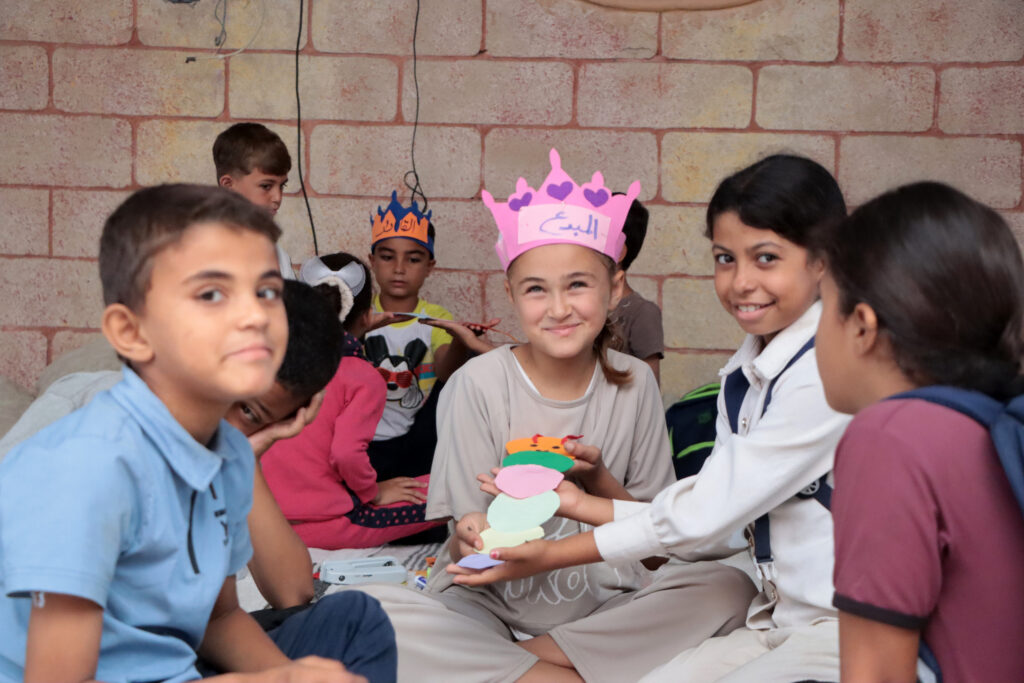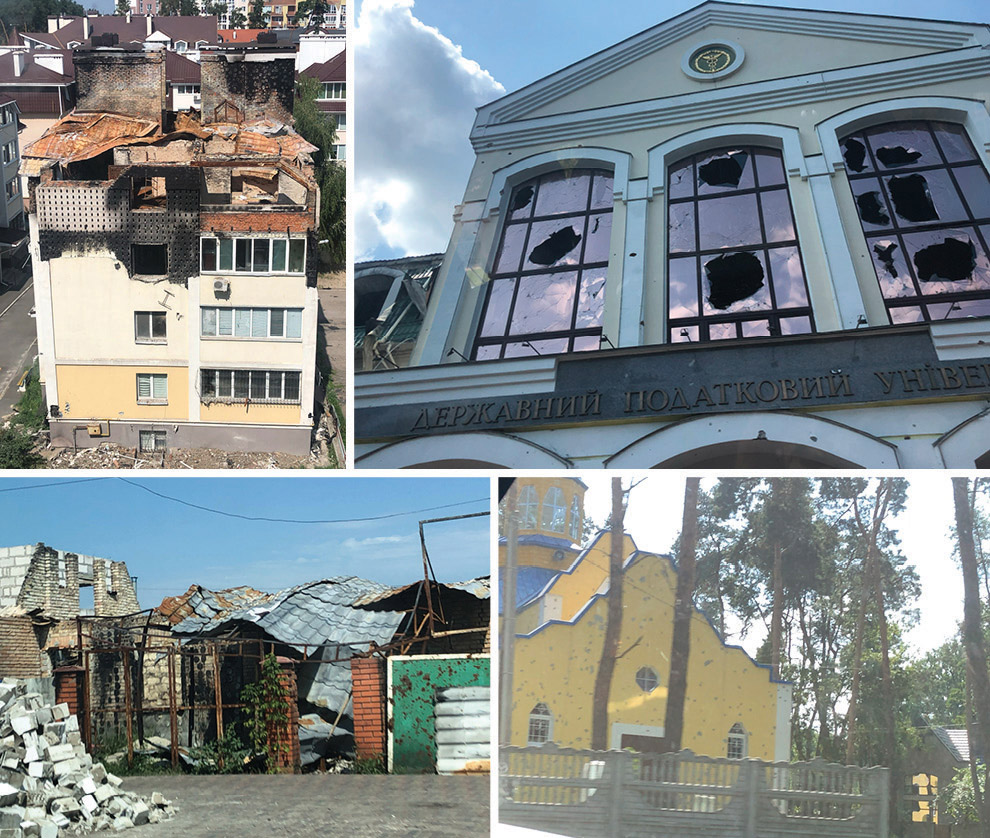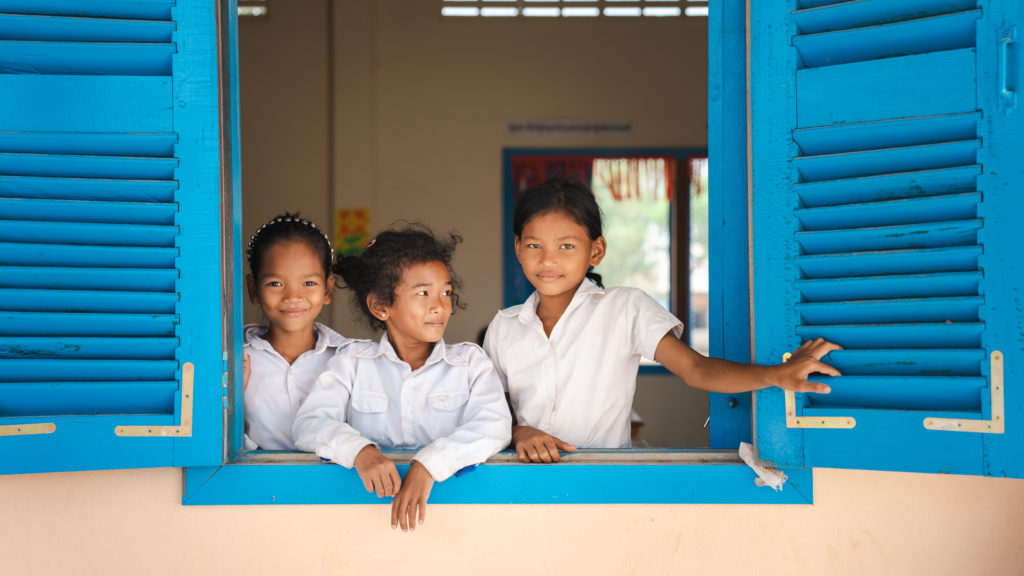For 12-year-old Nasra, it’s about 50 kilometres (30 miles) every single day.
It’s a journey she makes every morning with other girls from her village who also share the burden of collecting water for their households. By the time she returns home, she’s either late for school or too tired and hungry to go.
“I wake up at 4am, sweep the yard, wash the dishes then make black tea for breakfast,” says Nasra, who is the second of five children. She then sets off on her journey to the river in Kenya’s Tana River County, 12 kilometres away.
The journey home is worse as she has to carry or roll a large barrel of water under the now scorching sun. “I usually get headaches. When I’m in school, I can barely concentrate because I am so tired and hungry.”

After school, Nasra will have to make another 24-kilometre round trip to the river to get more water that she will use to wash clothes, shower and make black tea for dinner and the next day’s breakfast.
Although Nasra struggles to go to school, she tries to find the strength to go because it’s the only place that she is guaranteed a meal.
“In school, we are given porridge at 10 o’clock and rice with beans at lunch time. This is the only meal I will eat until the next day. There’s nothing to eat at home so we just have black tea for dinner.”
As schools in Kenya are now closed for the end-of-year break, children like Nasra will have no access to food for the next seven weeks.
“All our livestock has died. We have no food,” says Nasra’s mum Obaluli. “School was my only hope because my children could eat there. Now I don’t know how to take care of them.”
Obaluli is also concerned that Nasra may be unable to return to school when they reopen. “Of my five children, only Nasra and her brother are in school. I don’t have the money to send the rest. Nasra may have to drop our until money is available.”
Drought and Food Shortage – An Ongoing Crisis

Communities in Tana River County are experiencing acute water and food shortage as drought continues to ravage the livelihoods of pastoral and farming communities.
Most water pans and dams dried up as early as February 2021. For the few remaining functional water sources, the high concentration of people, livestock and wildlife using them is increasing pressure on the resource with some communities having no choice but to drink salt water from boreholes.
How We’re Responding
Across the Horn of Africa, Plan International is urgently scaling up life-saving food, nutrition, school feeding and child protection programmes.
In Kenya, we are working in Tana River, Kilifi and Kwale Counties to provide children in 16 schools with a daily meal, reaching 4,875 children. We are also providing access to clean and safe drinking water through water trucking, storage tanks and water purification tablets, reaching 6,000 people.
However, more needs to be done to cushion families, and especially girls, from the impacts of the ongoing drought.
Stephen Omollo, Plan International’s CEO, says: “We need partnership that brings all the stakeholders together at the table and say enough is enough. We must act today and now and that action would mean that we do nuts and bolts, roll up our sleeves and engage in a meaningful dialogue and agree on credible steps to address the issues.”
What You Can Do To Help
And even as all efforts now focus on ensuring the devastating crisis in Ukraine does not become a conflict-hunger and nutrition crisis, we must ensure the global hunger crisis is not further aggravated.
While Plan International welcomes the massive and rapid support for the humanitarian crisis in Ukraine, all humanitarian funds to alleviate the suffering of people affected by this conflict must be additional and must not at any time be diverted from already scarce financing for existing crises.
Stephen points out that diverting funds will increase the humanitarian funding gap even further. “We must stand strong as the international community and say that there’s crisis all over the world and we must not start adjusting our budget lines because that will undermine the development work we see in other countries that are already largely underfunded. We must protect the development gains that we see in these other countries that we don’t divert the resources for Ukraine or to Ukraine.”
